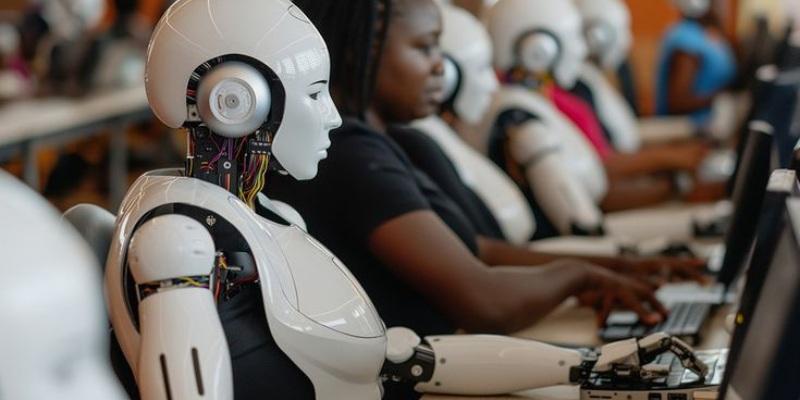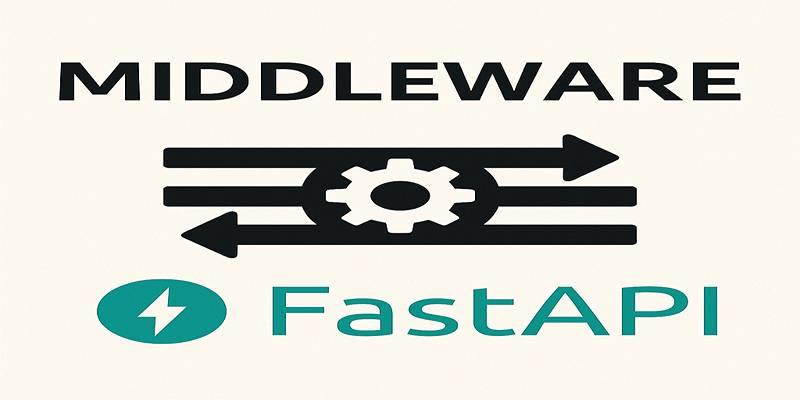Graduating and starting a career is challenging, especially as the job market shifts rapidly. Many entry-level roles that once provided easy experience are disappearing due to automation and AI. While this feels uncertain, change also creates opportunities requiring fresh skills. By adapting and focusing on continuous learning, graduates can secure meaningful roles in a transforming market.

How Entry-Level Jobs Are Changing
Many entry-level jobs are not the same as they were a few years ago. Tasks that people once performed are now being handled by new tools and software, which means the nature of work is changing. Jobs that involve repetitive tasks, such as data entry or simple reporting, are being eliminated. At the same time, companies are looking for employees who can handle more complex tasks, think critically, and adapt quickly.
Different industries are affected in various ways. For example, customer service roles are shifting from answering simple questions to handling more complex issues. Marketing jobs now often require an understanding of digital tools and the ability to analyze data. Even administrative positions are evolving, as software can automate tasks such as scheduling, email management, and data tracking.
The key takeaway is that entry-level jobs are undergoing significant evolution. New graduates need to understand these changes and be prepared to acquire new skills to remain competitive in the job market.
Roles Most Affected
Not all entry-level jobs are changing in the same way. Some roles are more at risk because they involve repetitive or routine tasks that can be done by software. For example, customer support agents who answer basic questions, data entry clerks, and administrative assistants are seeing significant changes. These jobs often involve tasks that are predictable and easy to automate, which makes them more vulnerable.
Other roles, such as junior analyst positions or telemarketing roles, are also shifting. Tools are now handling tasks that used to require little decision-making, so employees need to acquire new skills to remain useful.
On the other hand, jobs that require creativity, problem-solving, or human interaction are less likely to disappear. For instance, roles in design, strategy, or relationship management still rely heavily on human judgment and discretion. Understanding which jobs are changing most helps new graduates plan their careers and focus on skills that will keep them in demand (according to a recent Stanford study showing a notable 13 % drop in entry-level job opportunities in AI-exposed roles.)
Skills That Can Help Graduates Stay Relevant
As entry-level jobs change, the skills graduates bring to the table are more important than ever. Focusing on the right skills can make the difference between struggling to find work and building a strong career.
Soft skills are key. Communication, problem-solving, and critical thinking are abilities that most tools cannot replace. Being able to work well with others, explain ideas clearly, and adapt to new situations will always be valuable.
Technical skills are also necessary. Learning the basics of standard workplace software, understanding data, or becoming familiar with digital tools in your field can give you a competitive edge. You don't need to be an expert, but knowing how technology works helps you work alongside it effectively.
Adaptability is another crucial skill. The job market will continue to evolve, and those who can quickly acquire new skills will have more opportunities.
Ultimately, combining diverse skill sets—such as leveraging technology while understanding your industry—can help you stand out. Graduates who focus on learning, growing, and staying flexible will be ready for whatever the job market brings.
How Graduates Can Navigate the Job Market
Starting a career can feel overwhelming, especially with entry-level jobs changing so quickly. But there are practical steps recent graduates can take to stay ahead.
Networking is one of the most effective ways to find opportunities. Connecting with alums, attending events, and joining professional groups can help you learn about jobs that may not always be advertised. Talking to people in your field can also provide insight into the skills that are in demand.
Building a portfolio is another key step. Instead of just listing your degree on a resume, show what you can do. Include projects, internships, or any practical work that demonstrates your abilities. Employers want to see that you can apply your skills, not just talk about them.
Gaining experience through internships or freelancing can help you adapt to new types of work. Even short-term projects can teach valuable skills and enhance your resume.
Staying informed about industry trends is also essential. Observe how roles are evolving, the skills being valued, and where new opportunities are emerging.
Opportunities AI Can Create
While some entry-level jobs are changing or disappearing, new opportunities are also emerging. Some roles are being created specifically to work with the latest technologies, giving graduates a chance to step into positions that didn't exist a few years ago.
For example, jobs that involve managing tools, analyzing data, or helping teams use new systems effectively are growing. Positions such as data annotators, junior analysts who work with technology, or support roles for digital tools are in high demand.
AI and technology also allow employees to focus on more meaningful work. Repetitive tasks are now automated, allowing people to focus on thinking creatively, solving problems, and making decisions.
The key is mindset: instead of seeing technology as a threat, graduates can view it as a tool to acquire new skills, take on more challenging work, and advance in their careers. Embracing these opportunities can help them stay relevant and succeed in the evolving job market.

Conclusion
The job market is changing, and entry-level roles are evolving faster than ever. Some tasks are disappearing, but new opportunities are also emerging for those who are ready to learn and adapt. Recent graduates can stay ahead by focusing on skills that matter, building experience, and staying aware of changes in their industry.












